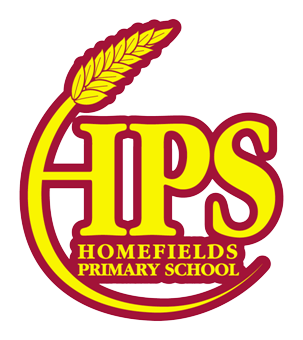Religious Education
RE at Homefields
In RE at Homefields Primary School, pupils learn about and from different religious and non-religious world views. We explore big questions promoting curiosity, confidence and understanding. Pupils gain knowledge and skills to discuss their own views as well as challenging and respecting the religious and cultural differences of others. All of this prepares pupils for their future and to be able to participate positively in society.
The three-fold aims and three strands
At Homefields we follow the Derbyshire and Derby City Agreed Syllabus for Religious Education 2020-2025. In this syllabus each key stage has a programme of study. This outlines the statutory requirements of the syllabus. The syllabus is structured around the threefold aim and the three strands. These are as follows;
1. Know about and understand a range of religions and worldviews, so that they can:
- Describe, explain and analyse beliefs and practices, recognising the diversity which exists within and between communities and amongst individuals
- Identify, investigate and respond to questions posed, and responses, offered by some of the sources of wisdom found in religions and worldviews
- Appreciate and appraise the nature, significance and impact of different ways of life and ways of expressing meaning.
2. Express ideas and insights about the nature, significance and impact of religions and worldviews, so that they can:
- Explain reasonably their ideas about how beliefs, practices and forms of expression influence individuals and communities
- Express with increasing discernment their personal reflections and critical responses to questions and teachings about identity, diversity, meaning and value, including ethical issues
- Appreciate and appraise varied dimensions of religion.
3. Gain and deploy the skills needed to engage seriously with religions and worldviews, so that they can:
- Find out about and investigate key concepts and questions of belonging, meaning, purpose and truth, responding creatively
- Enquire into what enables different individuals and communities to live together respectfully for the wellbeing of all
- Articulate beliefs, values and commitments clearly in order to explain why they may be important in their own and other people’s lives.
Believing
(Religious beliefs, teachings, sources; questions
about meaning, purpose and truth)
Expressing
(Religious and spiritual forms of expression; questions about
identity and diversity)
Living
(Religious practices and ways of living;
questions about values and commitments)
Key Questions
The syllabus is based around a key question approach, where the questions open up the content to be studied. All the key questions for each year group can be found in our RE long term map.
RE in EYFS
In EYFS children learn about religions and worldviews through special people, books, places and objects. They take part in adult led discussions as well as activities during continuous provision where they explore beliefs, practices and forms of expression. Children are introduced to the new vocabulary, ask questions and reflect on their own feelings and experiences.
